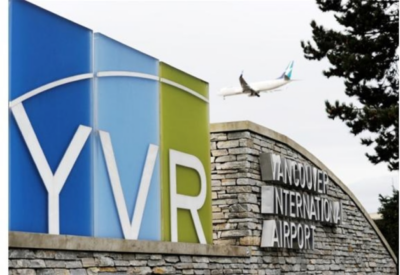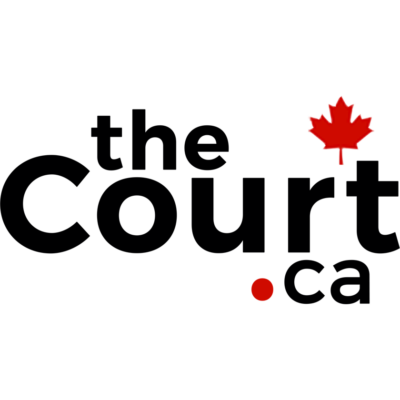
Vancouver Airport Authority v Commissioner of Competition: “Public Interest” Privilege Comes Crashing Down to Earth
“Privilege” is a common-law doctrine that prevents the compulsory disclosure of documents or information that is against the public interest. As Justice L’Heureux-Dubé explains: The doctrine of privilege acts as an exception to the truth-finding process of our adversarial trial procedure. Although all relevant information is presumptively admissible at trial, some probative and trustworthy evidence […]






